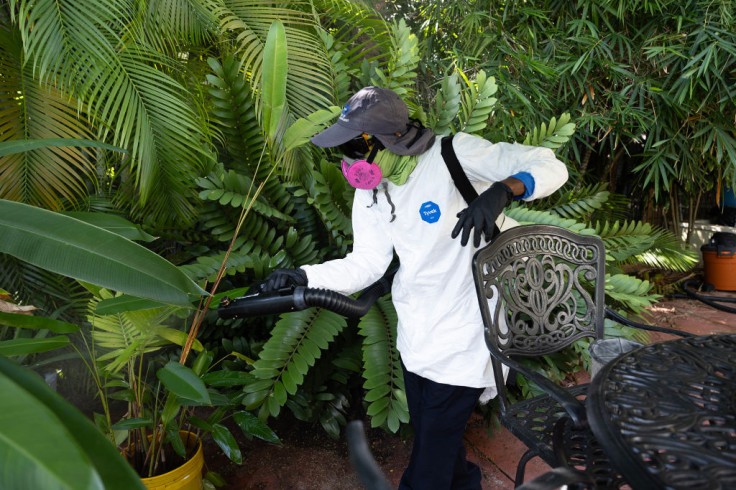
Health officials in Florida are alarmed as the state grapples with a sudden surge in malaria cases. With seven locally acquired infections reported since May, concerns are mounting about the presence of this mosquito-borne disease within the state. The recent increase in malaria cases has caught the attention of public health authorities in Florida.
As per CNN, seven individuals have been diagnosed with malaria in the past two months, all of whom acquired the infection locally. This development raises concerns about the potential spread of the disease within the state and prompts urgent measures to address the situation.
Unprecedented Local Infections
Of the seven reported cases, six are concentrated in Sarasota County, Florida, while the remaining case involves a Texas man working along the Rio Grande.
Health officials emphasize that these instances mark the first locally acquired malaria infections in the United States in 20 years.
The Centers for Disease Control and Prevention (CDC) have issued a health alert, urging hospitals and healthcare providers to remain vigilant for patients exhibiting malaria symptoms and to promptly initiate diagnosis and treatment.
Malaria, a serious and sometimes fatal disease transmitted by mosquitoes, poses a significant health risk.
Historically, the United States experienced around 2,000 cases of malaria annually, almost exclusively in individuals who had traveled to other countries. However, the recent cases in Florida indicate a shift in the epidemiology of the disease, with local mosquitoes playing a role in transmission.
According to NBC News, Dr. Manuel Gordillo, an infectious disease specialist at Sarasota Memorial Hospital, highlights the difficulties faced in diagnosing malaria cases promptly.
While most patients in Florida were diagnosed shortly after admission to the hospital, the Texas patient initially received a misdiagnosis of a viral infection.
The delayed diagnosis raises concerns about potential gaps in identifying and treating new cases, emphasizing the importance of increased surveillance and awareness.
Ongoing Monitoring and Response
Although public health officials are not actively conducting widespread searches for new cases, they emphasize the need for vigilant monitoring.
Dr. Dyann Wirth, an infectious diseases professor at the Harvard T.H. Chan School of Public Health, stresses the importance of sustained surveillance efforts to prevent further spread.
According to ABC, the most recent data available in 2021, the World Health Organization approximated that there were 247 million instances of malaria worldwide, resulting in 619,000 fatalities.
Following the identification of the initial cases, the Florida Department of Health released a comprehensive advisory regarding mosquito-borne illnesses on June 26.
In an effort to contain the outbreak, healthcare providers have been employing diverse approaches to mitigate the transmission of malaria.
The Florida Department of Health, which has been spraying insecticides to control mosquito populations, advises residents to take precautions, such as using bug spray, wearing protective clothing, and eliminating standing water.
Treatment protocols typically involve a combination of antimalarial drugs, such as chloroquine or hydroxychloroquine, to eliminate the parasite from the blood and liver.
However, supply challenges have led hospitals, like Sarasota Memorial, to prescribe alternative medications, such as Coartem, which is more effective but costlier and not readily available through pharmacies.
Health experts warn that there may be more undiagnosed cases in the area, given the nature of the disease and the potential for hidden infections.
With mosquitoes being the primary transmitters of malaria, ongoing surveillance and routine blood sampling are crucial in detecting new infections and preventing a further outbreak.
Past experiences in other countries have demonstrated the risk of prematurely scaling back screening programs, leading to rebounds in case numbers.
Health officials are actively monitoring the situation and urging healthcare providers to remain vigilant for malaria symptoms.
With ongoing efforts to control mosquito populations and raise awareness among residents, authorities aim to prevent the further spread of the disease and protect public health in Florida.
Related Article: New York City Shootings Drop 25% in First Half of 2023